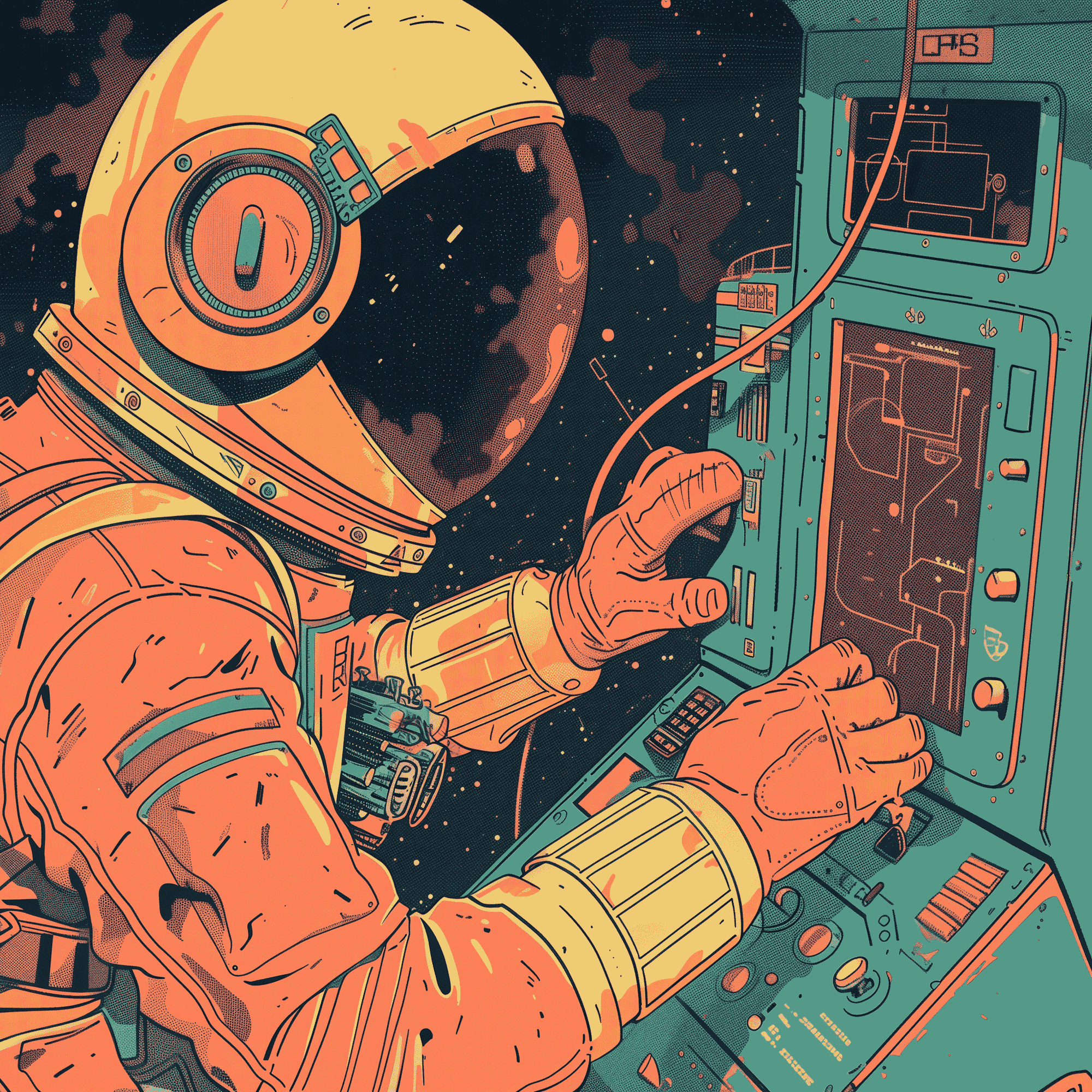Welcome to The Steady Beat, a weekly-ish round-up of hand-picked articles and resources for people who make software products: designers, engineers, product managers, and organizational leaders. This week, we examine the connection between designers and chefs, dopamine and retention, the benefits of tech debt, and the evolving role of engineering managers.
AI Skills ≠ Design Taste
Generative AI tools can turn anyone into a creator, but they can’t make everyone a designer. Technical skills no longer set designers apart, as AI can handle the grunt work. But discernment, or “taste,” remains crucial. It’s the difference between a microwave meal and a chef’s dish. In a world where anyone can generate content, true designers will stand out by their ability to make intentional choices that resonate. As Elizabeth Goodspeed puts it, taste is about navigating possibilities and making unique, meaningful work. So, while AI levels the playing field, taste keeps designers indispensable.
NN/g, 4m
Rethinking Tech Debt
Tech debt is a controversial topic, with many different definitions and a general consensus that it’s a bad thing. But is it really? Raphael argues that tech debt is simply a tool, neither good nor bad, and that it can be beneficial in certain situations. Just like financial debt can help achieve a goal, tech debt can allow a company to move forward and achieve success. The key is to respect the decisions made by previous teams and understand the context in which they were made.
Raphael Moutard, 5m
The Dopamine Dilemma
Ted Gioia’s chart in this piece illustrates our shift from slow, real-world engagement to fleeting, digital interactions. The rise of “Dopamine Culture” has major implications for tech products, which now need to deliver value instantly to survive. Shoddy retention rates are the norm, driven by the 'Novelty Effect" and a product management culture obsessed with short-term KPIs. While tapping into Dopamine Culture can spark initial growth, long-term success requires balancing instant gratification with real utility.
Andrew Chen, 5m
Fewer and More Technical EMs
Engineering management in 2024 is seeing a seismic shift: fewer managers, more technical involvement, and shifting career paths. Managers are now expected to contribute technically, with a noticeable reduction in middle management as companies flatten. Empowered by AI and better tooling, contributors are more autonomous, reducing the need for lots of synchronous coordination. Different EM archetypes face varying impacts—technical EMs thrive while traditional team and process-focused EMs see reduced roles. The challenge for the modern EM lies in balancing technical duties with management responsibilities.
Refactoring, 6m
Steady: Introducing Open Teams
We’re big believers in the benefits of working in the open, which makes us particularly happy to announce a new feature we’re calling Open Teams. Open Teams brings cross-team transparency to Steady without all of the notification noise. Here’s a quick video demo:
Steady, 3m

